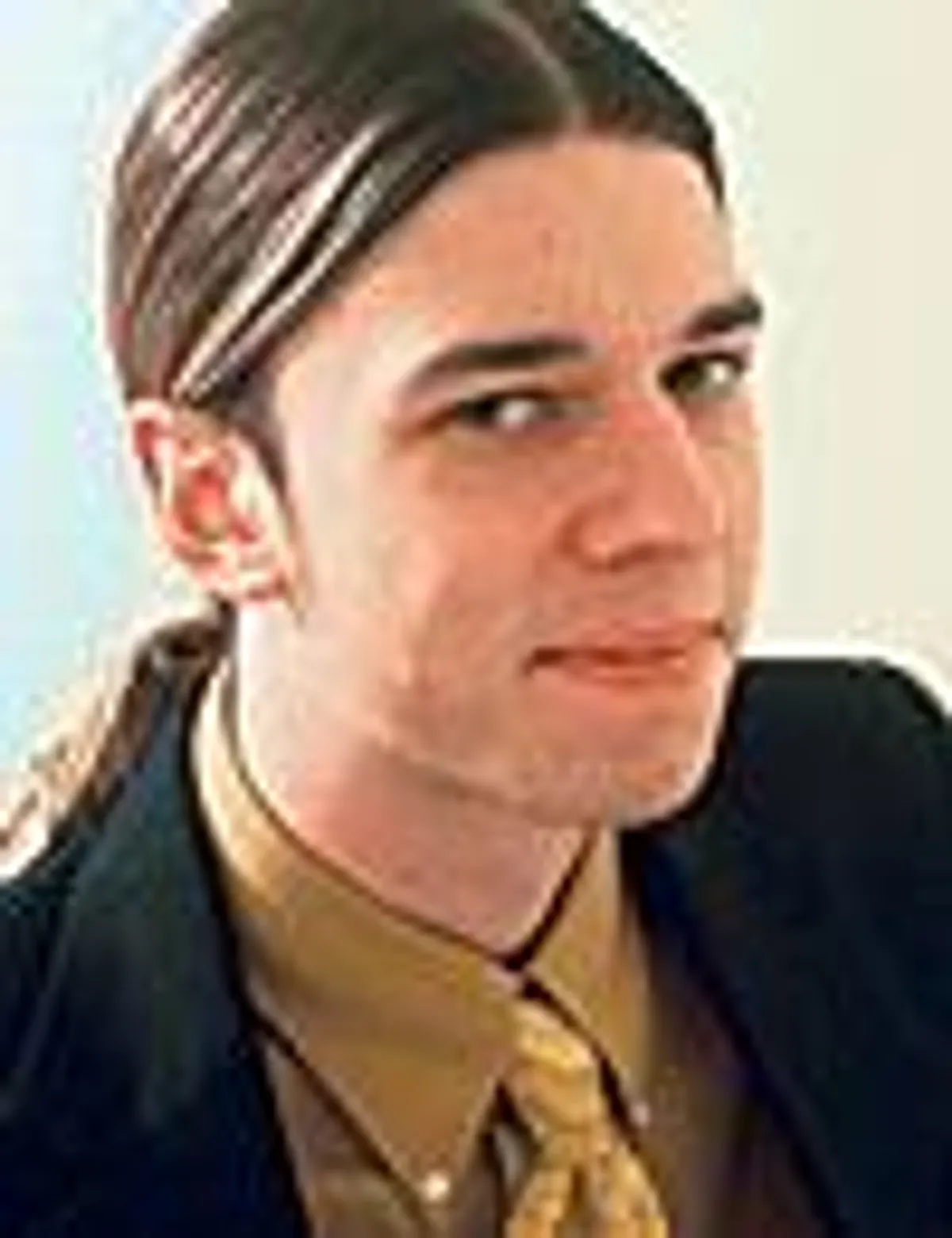
Our diarist participates in a panel at a Human Rights Campaign event and confronts the question: Is the LGBT community really as good at diversity as we assume it is?
June 09 2006 12:00 AM EST
November 17 2015 5:28 AM EST
By continuing to use our site, you agree to our Private Policy and Terms of Use.

Satre is a junior at Notre Dame Academy, a private Catholic high school in Middleburg, Va., and the founder of the Virginia LGBT activist group Equality Fauquier-Culpeper. He writes regular journal entries for The Advocate.
Recently I took the metro into Washington, D.C., trekking to the Human Rights Campaign headquarters. Its prestigious building could be seen a block away as the setting sun reflected off the polished steel-plated equality logo over downtown D.C.
I walked inside the building, feeling a bit like I had stepped into a modern-art museum, and paced into the large meeting room on the main level. Last time I was here was when Scouting for All's heroes, Scott and Steven Cozza, were in town for a fund-raiser for a national youth project that I founded a year ago.
On this trip Dave Mallory, a good friend of mine and the director of Capital Pride, directed me into one of the many conference rooms. I met with other panelists, all of whom held smile and wit synergistically.
After we took our seats at the front of the room and introductions had been made, the floor was open for public comment. The crowd of roughly 150 people did not hesitate. A deaf man stood up and told the audience that he felt the LGBT community often forgot of minorities within the community itself. Amari S. Pearson-Fields--who works with the national lesbian health organization the Mautner Project--eloquently stated that "the LGBT community tends to assume that we are the best at diversity, when really we are a microcosm of society at large." Amari's statement rang true as the clangor of applause that followed her statements.
Amari is right. The LGBT community does tend to assume that we are the experts of diversity. We assume that we have incorporated the minorities within our own minority, but in reality this is far from the truth.
Throughout the night other issues within this range of thought were brought up. How often do you see LGBT organizations reaching out to the economically challenged citizens among us? Many of these people cannot afford to defend themselves in courts due to legal costs and do not have the resources readily available as some of us do. What are we going to do to help them? One outspoken man stood up among the rest, representing his own community within our community: He is a gay man living with his partner and struggling financially.
Unfortunately, the list goes on, and the topic that consumed the discussion of the night could be continued for hours: How are we going to build bridges between different communities and reflect the diversity of people who support equality? What are we going to do to consciously make ourselves as individuals culturally aware of other people within our community and outside the LGBT rights movement?
We know our weaknesses, and we know our strengths. The LGBT community has an advantage: an opportunity to build stamina by incorporating our weaknesses, especially our need for diversity both in the media and within our own community organizations.
What are you going to do to consolidate the LGBT rights movement with the fundamental and truly universal definition of diversity?